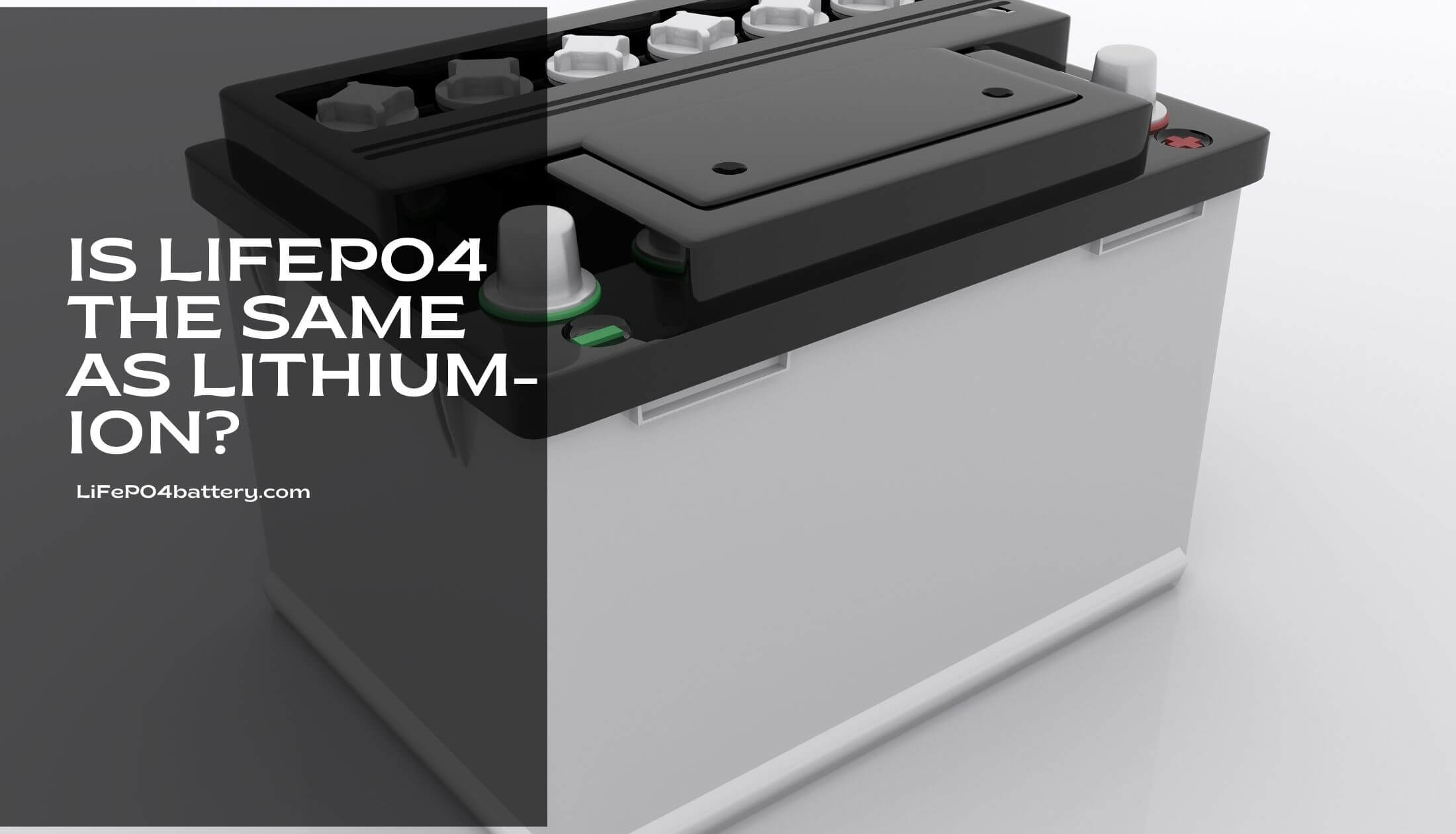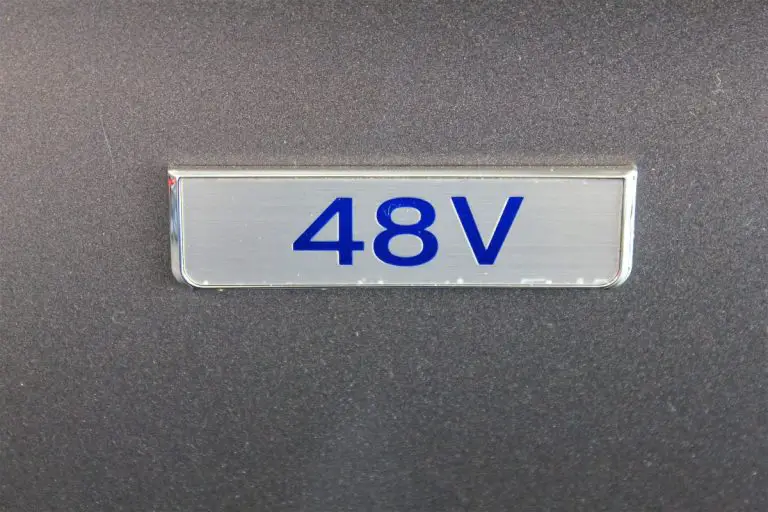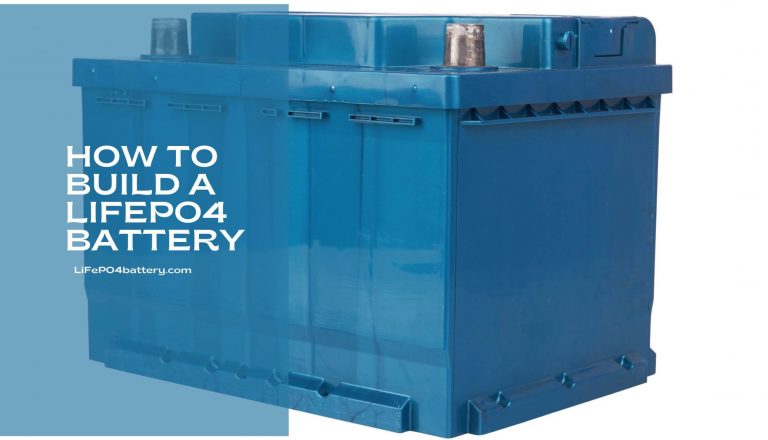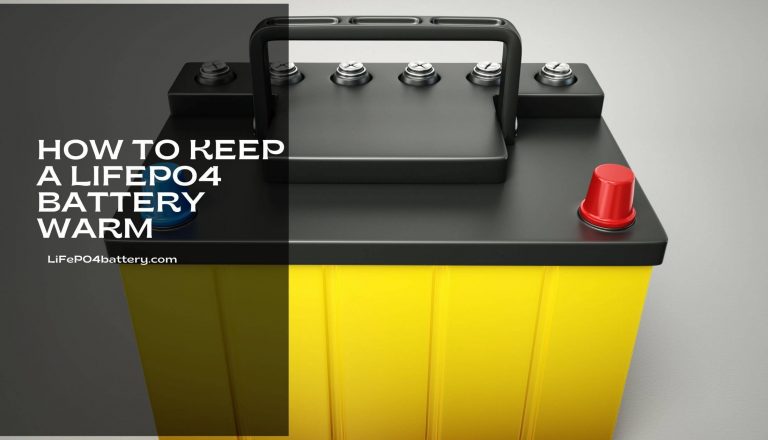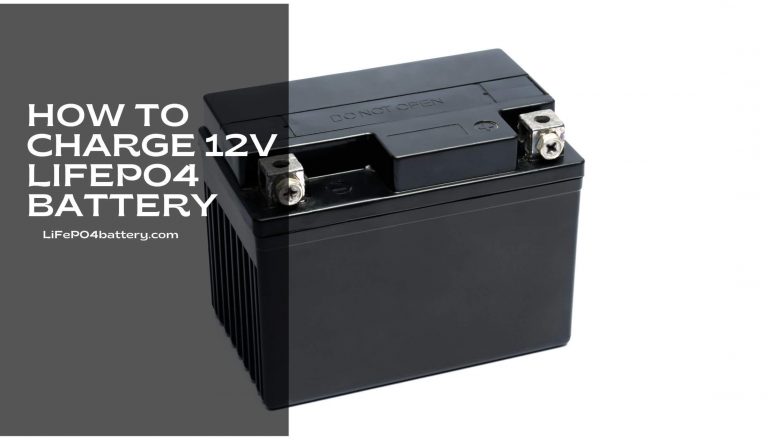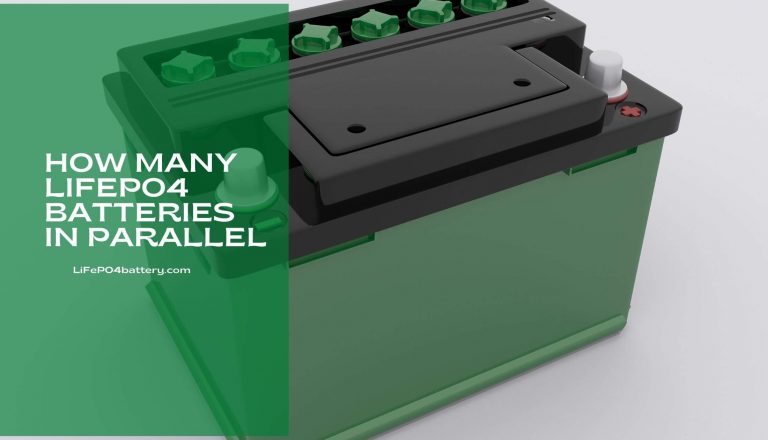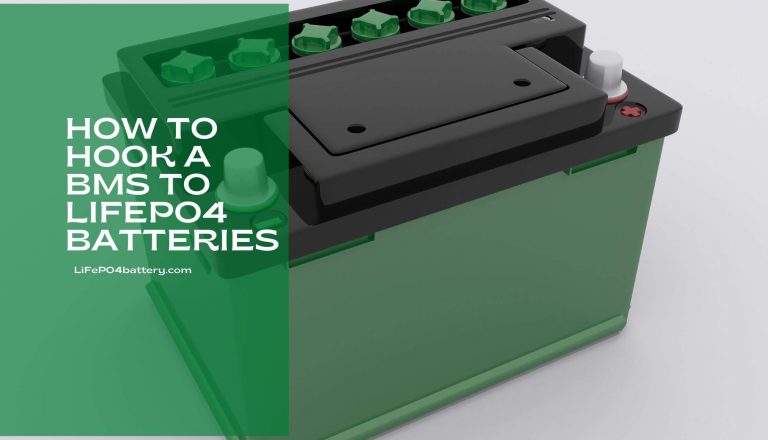Is LiFePO4 The Same as Lithium-ion?
You might be wondering what the differences are between lithium-ion and LiFePO4 batteries. With this blog, you can find out. This article will break down the benefits of each battery type, provide some examples of different products that use these types of batteries, and discuss the pros and cons of using either type. In this blog article, a Is LiFePO4 The Same as Lithium-ion?
Is LiFePO4 the same as lithium-ion?
There are a few key differences between LiFePO4 and lithium-ion batteries. Some of the key differences include:
- The capacity of LiFePO4 batteries is generally lower than lithium-ion batteries.
- LiFePO4 batteries can only be charged with a specialized charger, whereas lithium-ion batteries can be charged using any standard charger.
- It may take longer for a LiFePO4 battery to charge than a lithium-ion battery.
- LiFePO4 cells are less likely to combust than lithium-ion cells.
- LiFePO4 cells have a shorter life expectancy than lithium-ion cells.
- The safety of LiFePO4 cells has not yet been validated.
Lithium-ion and lithium-iron-phosphate are completely different. LiFePO4 is not risky, stable, and has almost no explosion hazard. Lithium-ion batteries are made from lithium-cobalt-oxide, lithium-manganese-oxide, lithium-nickel-manganese-cobalt, or lithium-iron-phosphate. Lithium-ion batteries are cheap, but the downside is that the battery is very unstable. When the battery begins to die, it swells, which can cause sparks and instability.
If the battery breaks and the materials are exposed to water, the battery becomes even more unstable and dangerous. Lithium-cobalt-oxide batteries can cause a fire under specific conditions, and the batteries are banned from transport by the International Civil Aviation Organization. In contrast, LiFePO4 batteries are safe and environmentally friendly. You should get LiFePO4 batteries since they are the safest option available.
How LiFePO4 differs from lithium-ion
Lithium-ion (Li-ion) is a popular type of battery that is used in many electronic devices. LiFePO4 is a new type of battery that is based on lithium-ion technology, but it has some important differences.
One important difference between LiFePO4 and lithium-ion batteries is the way they are charged. Lithium-ion batteries can be charged using a standard electrical outlet, while LiFePO4 batteries require special charging equipment.
Another important difference between LiFePO4 and lithium-ion batteries is the way they are discharged. Lithium-ion batteries can be discharged using a standard charger, while LiFePO4 batteries require special discharge units.
Overall, LiFePO4 is a promising new type of battery that has some important advantages over lithium-ion batteries. However, there are still some questions that need to be answered before it can become a mainstream battery type.
What are the differences between LiFePO4 and the more popular lithium-ion?
LiFePO4 (lithium iron phosphate) is a new type of battery that uses different chemistry than lithium-ion batteries. LiFePO4 has a number of advantages over lithium-ion batteries, including greater energy density and longer battery life.
LiFePO4 batteries are still in the development stages, so there are some unanswered questions about their performance. However, LiFePO4 seems to have the potential as a replacement for lithium-ion batteries in many applications.
The main difference between LiFePO4 and lithium-ion batteries is that LiFePO4 uses a different type of chemistry. Lithium-ion batteries use a metal called an anode to store energy, while LiFePO4 uses a mineral called phosphate.
The advantage of using phosphate instead of metal is that it has a much higher storage capacity. This means that LiFePO4 batteries can hold more energy than lithium-ion batteries.
Another advantage of using LiFePO4 is that it has a much longer battery life than lithium-ion batteries. This is because LiFePO4 does not suffer from the same problems as lithium-ion batteries such as overheating and Fires.
Conclusion
Lithium-ion batteries are a type of rechargeable battery that is used in many different devices. Lithium-ion batteries are considered some of the most advanced batteries on the market and have become the go-to rechargeable battery choice for many industries. LiFePO4 batteries are often mistaken for lithium-ion batteries because they are also very popular and are used in many different applications. They are similar in many ways, but they also have some distinct differences. In this blog post, we will discuss the similarities and differences between LiFePO4 and lithium-ion batteries Thanks For Reading____

